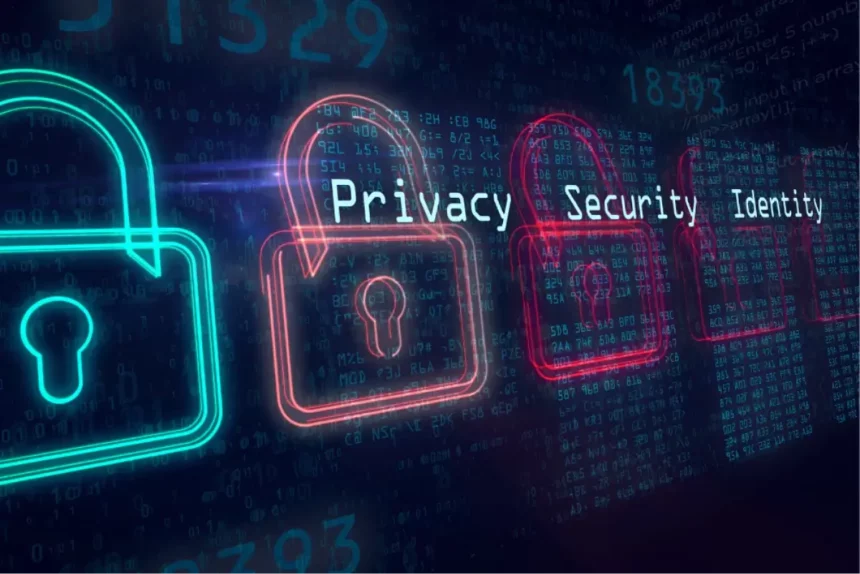Follow our online security tips to protect yourself from cyber scams which are on the rise since the global pandemic took everything online. There has been a surge of complaints about cybercrimes and phishing involving fake emails and apps. Here are our carefully curated online security tips to keep your information safe online.
1. Protect Your Sensitive Information
One of our most important online security tips is to be careful with your sensitive information. QNET will never ask you for your passwords by SMS, email or phone calls. So, if someone is asking you for that information, please do not give it to them. Do not share any of your passwords, security questions/answers, one-time passwords (OTPs) or any of your credit card details, including CVV information. One of the best ways to protect yourself from identity fraud is to complete your QNET eKYC. Watch this video to understand eKYC and get tips on how you can complete it.
QNET Answers | What is eKYC and Why Should I Do It?
2. Always Visit Or Download QNET Verified Digital Products
Keep a look out for impostors or unverified apps or websites that aren’t from QNET. QNET only has one mobile app, and we do not ask anyone to download or use any other app for your QNET Business. Our award-winning QNET Mobile App as well as our verified social media accounts are all linked to on our QNET Official Website so make sure you only download from there. The QNET Virtual Office is also only available through the Official QNET Websites.
How to Use QNET’s FREE Digital Library on QNET Mobile App to Build Your Business
3. Check The Legitimacy Of The Emails You Receive
Look at the email address and not just the sender’s name. Make sure you are double-checking the contact details against our official email addresses. When in doubt, please email or call GSC at [email protected] to double-check. Whatever you do, do not click on any suspicious links you may receive that are asking you for private information.
4. Change Your Password To Something Strong
One of our must-follow online security tips is to create strong passwords that you then update regularly. It goes without saying that you should NEVER share your passwords with anyone. If you do, make sure you change them regularly so that you can stay in control of your account’s safety.
5. Don’t Panic

If you receive a message that is threatening you if you don’t respond urgently, take a deep breath and don’t panic. It is the biggest sign of online fraud and not responding will keep you safe online. For peace of mind, you can even call or email GSC to report such a message and they can confirm if it is coming from an official source.
These online security tips have been curated to make your online experience as safe as possible. Please make sure you follow them, and share them with your friends and team mates.






